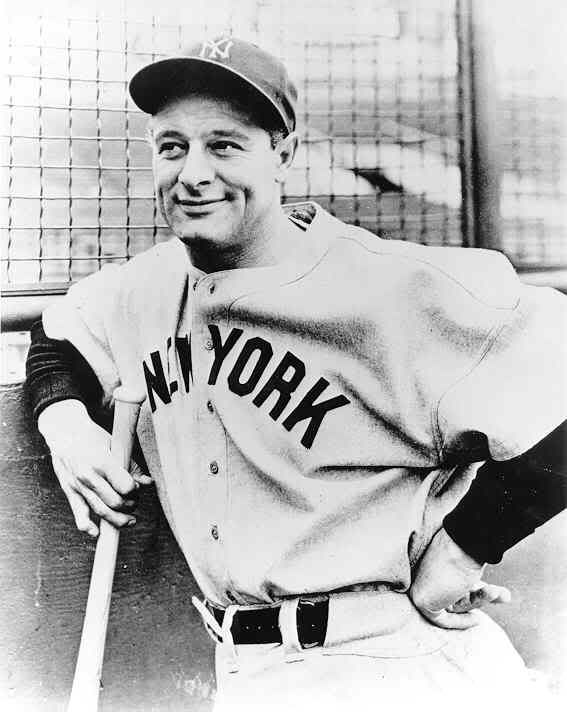| Joe Gorman, his friend Jolie, and a wheelchair provided by Joe's mission, Compassion for Africa |
My friend Joe Gorman is in West Africa . He is a professor and minister in the Church of the Nazarene. His mission group works with local pastors to dig wells, build school buildings, and provide small business opportunities for young women who would otherwise be forced to marry much older men in order to survive. Joe was in a serious automobile accident a few days ago in Ghana
I believe in the resurrection of the dead and the life of the world to come.
A young woman joined the ALS Facebook community shortly after a family member was diagnosed with ALS. I have been writing her messages of encouragement for over a year and she has responded with the same to me. She wrote that I am like a "big brother" to her. I answered, "I think a lot about heaven these days. We will meet there one day. We will give each other a big, happy hug. Then we will take a walk and hold hands. You will tell me about your life and I will tell you about mine."
I believe in the resurrection of the dead and the life of the world to come.
My daughter Catherine drew a picture for me a few years ago after I was diagnosed with ALS. The picture is divided into thirds. The top third is blue sky. The middle third is yellow. This shows the dawning of a new day under the blue sky above. The bottom third is green grass. It is a simple picture with three horizontal bands of blue, yellow, and green stretched across the picture. There is one additional element that tells the story and makes the picture precious to me. A sword is stuck into the ground. The meaning of the drawing is this: The battle is over and a new day is dawning. One day my battle with ALS will be over and Catherine and I will wake to a new day.
I believe in the resurrection of the dead and the life of the world to come.


